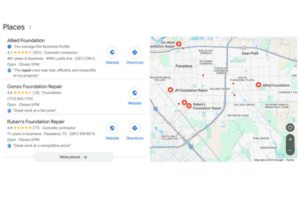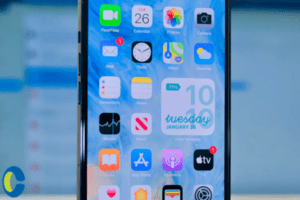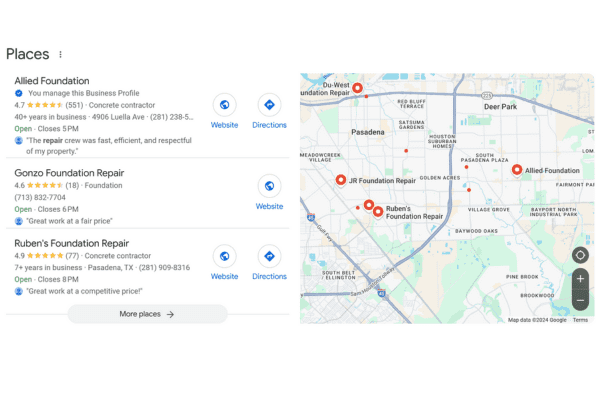SMS marketing is a powerful tool for businesses to engage with customers and drive sales. SMS, or Short Message Service, is a text messaging service that is widely used for personal and business communication. With over 6 billion mobile phone users worldwide, SMS marketing has become an effective way to reach a large audience quickly and cost-effectively.
In this blog, we’ll discuss what SMS marketing is, its benefits, and how to implement it in your business.
What is SMS Marketing?
SMS marketing is a type of digital marketing that involves sending promotional messages to customers via text message. These messages can include promotions, discounts, event invitations, reminders, and other relevant information. SMS marketing is a permission-based marketing strategy, which means that customers must opt-in to receive text messages from your business.
Benefits of SMS Marketing
- High Open Rates: SMS marketing has a high open rate, with 98% of text messages being read within 3 minutes of being received. This means that your message is more likely to be seen by your customers than other forms of digital marketing.
- Cost-Effective: SMS marketing is one of the most cost-effective forms of digital marketing. It’s relatively cheap to send text messages, and you can reach a large audience quickly.
- Targeted Messaging: SMS marketing allows you to target specific customer segments based on demographics, behavior, and location. This helps you send targeted messages that are more likely to convert.
- High Conversion Rates: SMS messages have been shown to have a higher conversion rate than other forms of digital marketing. This is because text messages are highly personal and have a sense of urgency.
- Increased Engagement: SMS marketing can help increase engagement with your customers. Customers are more likely to respond to a text message than an email or social media message, making SMS marketing a powerful engagement tool. SMS marketing is highly engaging, with many customers responding to text messages within minutes of receiving them. This allows businesses to quickly engage with their customers and build relationships.
- Increased Sales: SMS marketing can drive sales by offering promotions, discounts, and other incentives to customers. This can help increase revenue for your business.
How to Implement SMS Marketing
- Build Your SMS List: The first step in implementing SMS marketing is to build your SMS list. This can be done by asking customers to opt-in to receive text messages from your business. You can do this by adding a sign-up form on your website, social media channels, or in-store.
- Segment Your Audience: Once you have built your SMS list, it’s important to segment your audience. This allows you to send targeted messages to specific customer segments based on demographics, behavior, and location.
- Create Relevant Content: When creating SMS messages, it’s important to make them relevant and valuable to your customers. This can include promotions, discounts, event invitations, reminders, and other relevant information.
- Schedule Your Messages: It’s important to schedule your SMS messages to be sent at the right time. This can vary depending on your target audience and the message you’re sending. For example, you may want to send promotional messages during peak shopping times, such as Black Friday or Cyber Monday.
- Measure Your Results: Finally, it’s important to measure the results of your SMS marketing campaigns. This can help you understand what’s working and what’s not, so you can make adjustments to improve your campaigns.
Conclusion
SMS marketing is a powerful tool for businesses to engage with customers and drive sales. With its high open rates, cost-effectiveness, and targeted messaging capabilities, SMS marketing can help businesses reach a large audience quickly and effectively. By building your SMS list, segmenting your audience, creating relevant content, scheduling your messages, and measuring your results, you can implement an effective SMS marketing strategy for your business.















